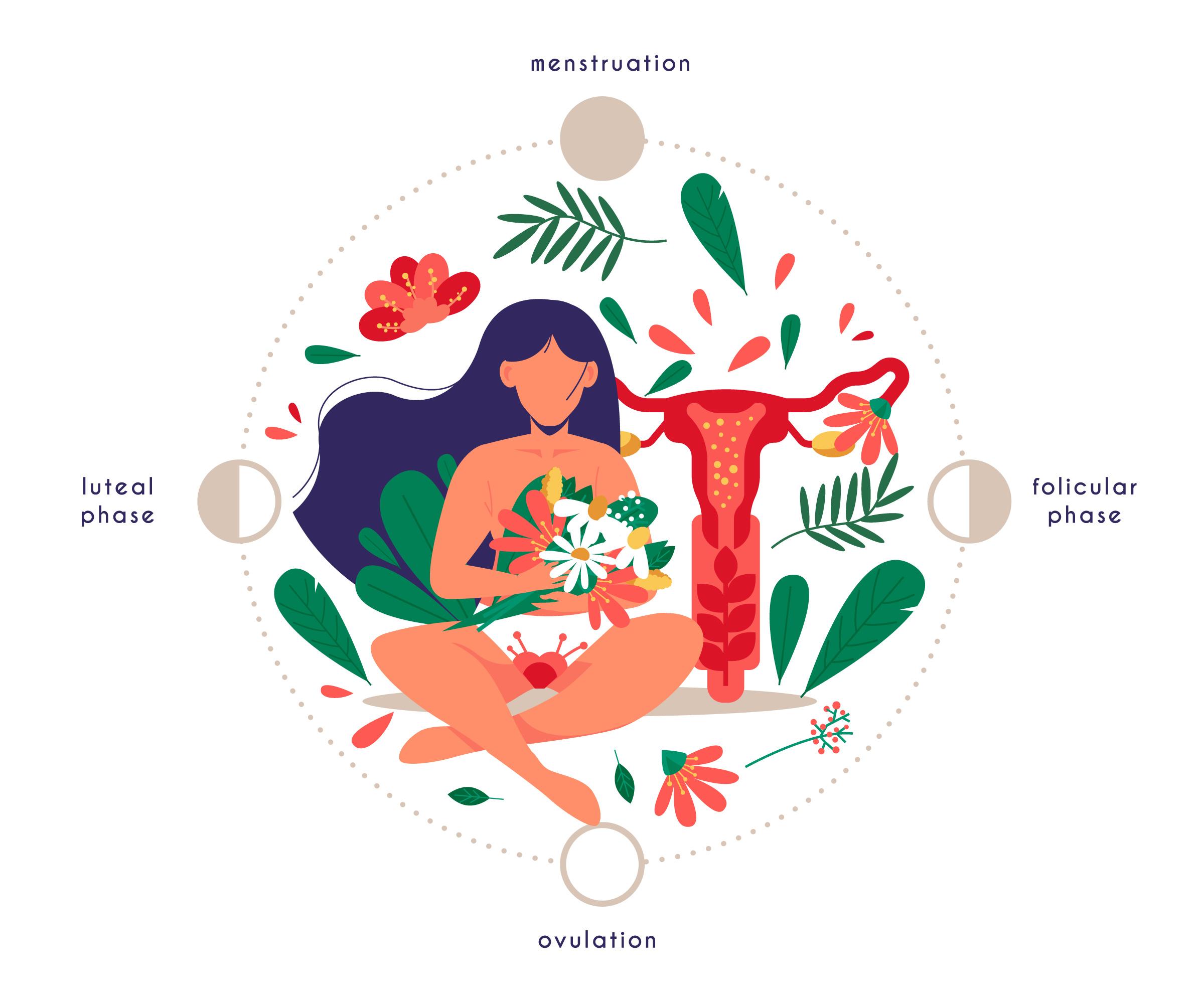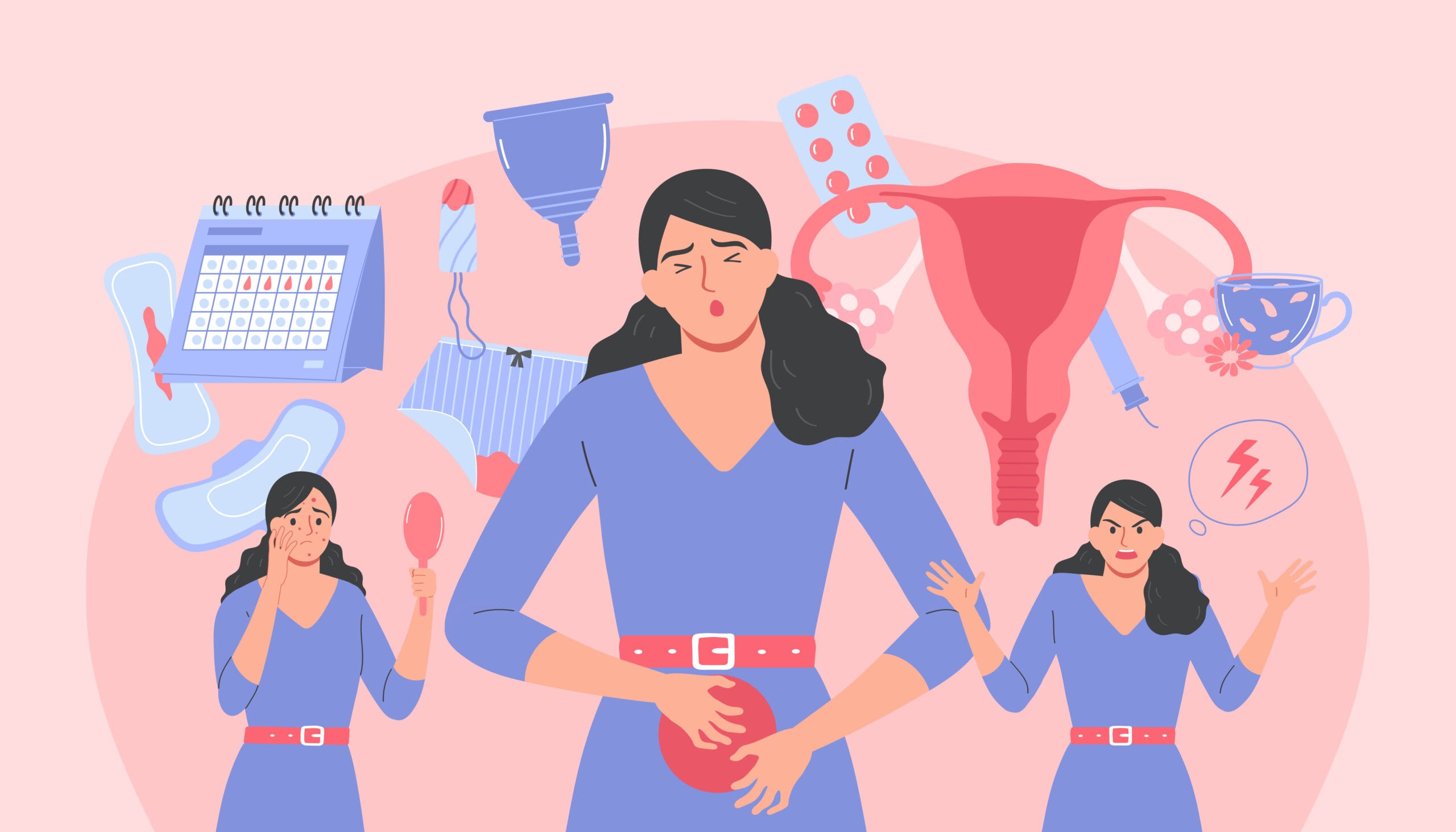Mental Health Benefits of Prenatal Yoga Get 5 Day Free Trial Now Introduction: Mental Health Benefits of Prenatal Yoga Pregnancy is a remarkable journey that...
Read MoreHow is
PCOS/PCOD
Diagnosed?
At My Yoga Vibe, we understand the complexities of navigating a wellness journey, especially when dealing with hormonal imbalances like Polycystic Ovary Syndrome (PCOS). We’re committed to empowering women on their unique paths, and that includes providing information and support for those diagnosed with PCOS.
This article dives into the diagnosis process for PCOS, helping you understand the signs and tests involved. We’ll also answer frequently asked questions to equip you with the knowledge you need to advocate for your health.
What is a difference between PCOS and PCOD?
Though it may sound similar enough, PCOS (Polycystic Ovarian Syndrome) is a bit different from PCOD. In PCOD the ovaries start releasing immature eggs that lead to hormonal imbalances and swollen ovaries, among other symptoms; while in PCOS, endocrine issues cause the ovaries to produce excess androgens, which makes eggs prone to becoming cysts. These cysts won’t, however, be released like in PCOD – rather they build up in the ovaries themselves.
Signs and Symptoms of PCOS
While PCOS presents differently in every woman, some common signs include:
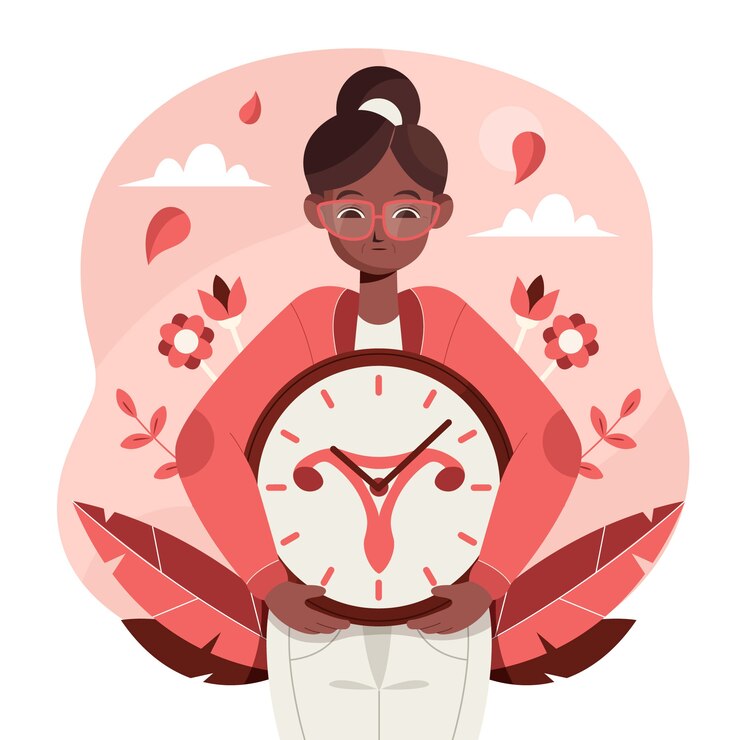
Irregular Periods
This could be infrequent periods, prolonged cycles, or heavy bleeding.
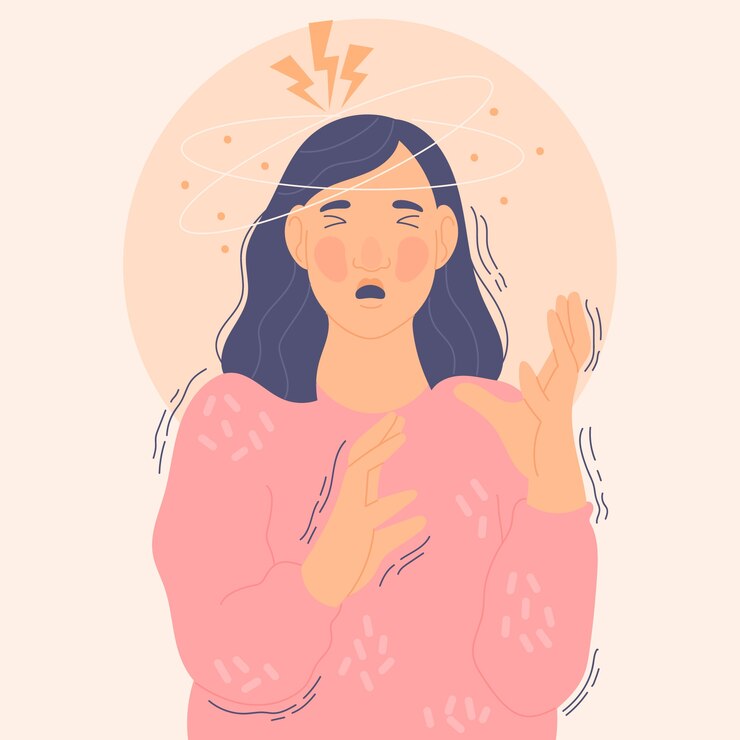
Excess Androgen
This might manifest as acne, unwanted hair growth on the face and body.

Gaining Weight
Insulin resistance, a common PCOS symptom, can lead to weight gain.
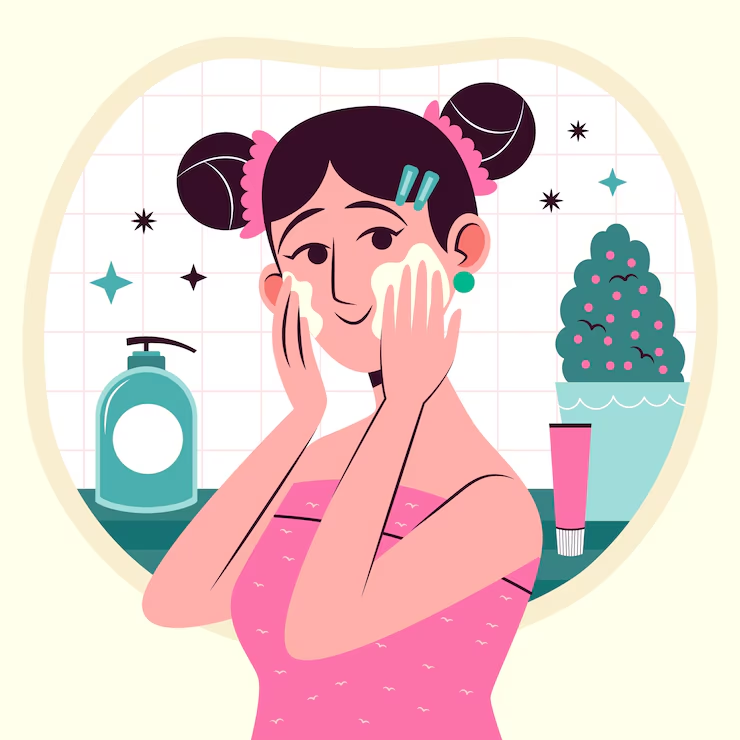
Skin Changes
Oily skin or skin tags on the neck and underarms are sometimes present.
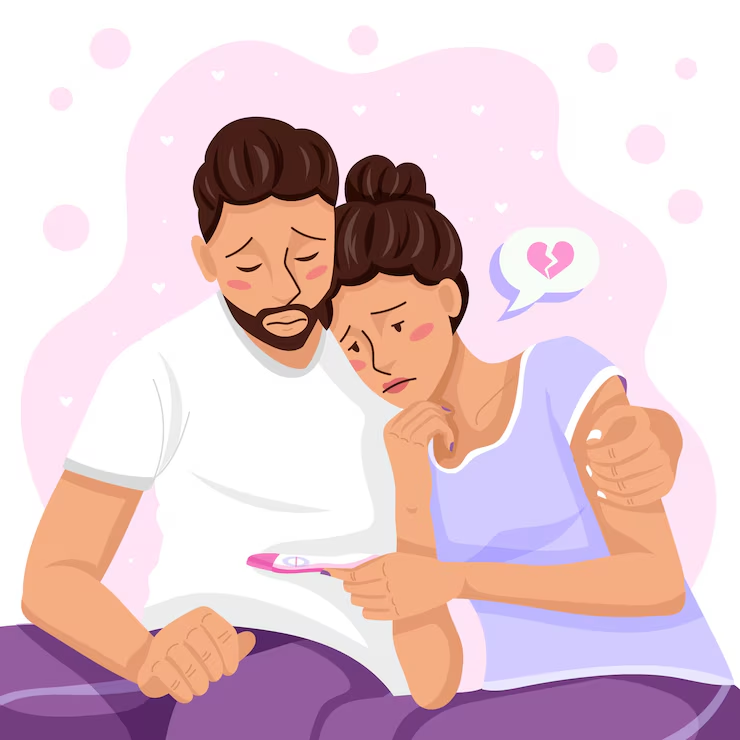
Getting Pregnant
PCOS can affect ovulation, making it harder to conceive.
Diagnosis of PCOS
There isn’t a single test to diagnose PCOS. Doctors usually use a combination of factors, including:
- Medical history review: Your doctor will ask about your symptoms, menstrual cycle regularity, and family history.
- Physical exam: This includes checking for signs of excess hair growth, weight distribution, and blood pressure.
- Blood tests: Blood tests can measure hormone levels, including androgens and insulin.
- Pelvic ultrasound: This painless test uses sound waves to create images of your ovaries and check for cysts.
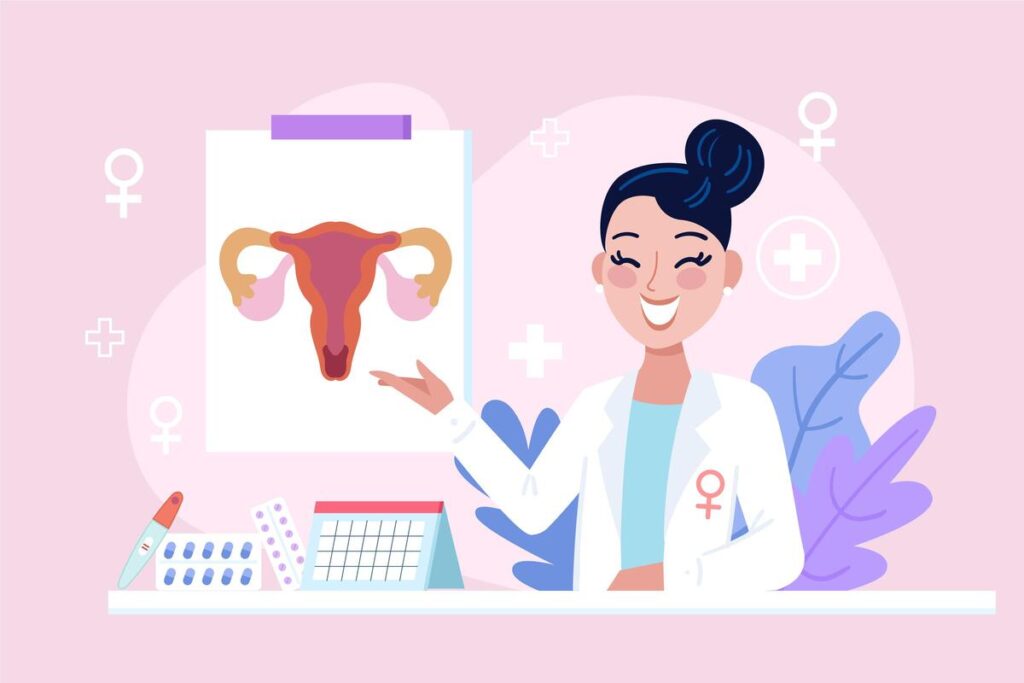
The Rotterdam Criteria
The Rotterdam criteria is a widely used guideline for diagnosing PCOS. A doctor may diagnose PCOS if you have two out of three of the following:
- Oligo- or Anovulation: Irregular or absent ovulation, often indicated by irregular periods.
- Clinical and/or biochemical hyperandrogenism: Signs of excess androgen like acne or hirsutism, or confirmed high androgen levels through blood tests.
- Polycystic ovaries on ultrasound: While not everyone with PCOS has cysts on their ovaries, an ultrasound can reveal their presence.
Remember:
- A PCOS diagnosis doesn’t define you or your well-being.
- There’s no one-size-fits-all approach to managing PCOS.
- There are resources and support systems available, and My Yoga Vibe is here for you!
Additional Support at My Yoga Vibe
At My Yoga Vibe, we understand that a PCOS diagnosis can be overwhelming. We offer a supportive and understanding environment where you can prioritize your well-being. Here are some ways we can help:
- Yoga classes: Our specially designed yoga practices can help manage stress, improve insulin sensitivity, and promote overall well-being.
- Workshops and informational sessions: We provide opportunities to learn more about PCOS and connect with others who understand the challenges.
- Supportive community
Frequently Asked Questions about PCOS Diagnosis
While a general practitioner can diagnose PCOS, you might be referred to an endocrinologist (a hormone specialist) for further evaluation and management.
PCOS can present differently in each woman. Even if you don’t have all the textbook symptoms, it’s still worth discussing your concerns with your doctor.
Your doctor will recommend the most appropriate tests based on your individual case. Discuss any concerns you have about tests before proceeding.
The diagnosis timeline depends on factors like your doctor’s approach and the need for additional tests.
Following diagnosis, your doctor will discuss treatment options tailored to your specific needs. This might include lifestyle changes, medication, and managing any related concerns like fertility or weight management.
Female Sex Hormones and Yoga: A Holistic Approach
Female Sex Hormones and Yoga A Holistic Approach Book a Demo Understanding Female Sex Hormones and the Power of Yoga for Hormonal Health Female sex...
Read MoreWhat Are Scanty Periods?
Scanty periods in women can signal hormonal imbalance, stress, or poor circulation. Learn causes, risks, and how therapeutic yoga can restore healthy menstrual flow naturally.
Read MoreBook Free Demo Class
45 Min Live Interactive Online Class




